Genre: New Age, Psychedelic Soul
Favorite Tracks: “Stay Flo,” “Almeda,” “Jerrod,” “Binz,” “Beltway”
In the nearly two-minute-long opener “Things I Imagined,” Solange doesn’t say more than two unique lyrical phrases, repeating “I saw things I imagined” over a mix of piano that sounds like a call back to soul music of the ‘70s and synthesizers that feel as though they don’t exist anywhere in time. Near the end of of WHEN I GET HOME’s opener, she then repeats “taking all the light,” and with that, Solange gives us two mantras and welcomes us into an atmospheric and meditative ode to Houston.
The follow up to her third studio album, A SEAT AT THE TABLE is, in that way, breathtaking; unified in its use of repetition, it repeats lyrical and instrumental phrases to drive the album forward and build out its world. WHEN I GET HOME gives us an opportunity to witness Solange looking inward to celebrate the things that helped shape her identity, centrally Houston and its music (particularly rap), style, culture, and spirituality. Shot in Texas and featuring gorgeous sprawling landscape shots and choreographed elements, the visual component that released simultaneously on Apple Music aligns perfectly with the album’s blend of an older jazz and soul influence and futuristic synth elements.
Though the album features quite a few collaborators, including The-Dream, Frank Ocean, Steve Lacy, Panda Bear, ABRA, Metro Boomin, Daniel “Julez” Smith (Solange’s son), and Gucci Mane, to name a few, it feels as though it never deviates from having a cohesive voice. The productions create a world for her work to live in, and in some instances, it’s easy to not notice the layered vocals, like Sampha’s appearance on “Time (is).” Many of the album’s interludes sample black women, from powerful sister duo Phylicia Rashad and Debbie Allen, who are sampled in “S McGregor (interlude),” to Princess and Diamond (of Crime Mob), whose vocals appear in “Can I Hold The Mic (interlude).” In doing so Knowles highlights women as significant figures in black culture, allowing them to shine as spiritual and cultural trendsetters.
Album standout “Almeda,” featuring Playboi Carti, fits into the atmospheric vibe of the rest of the album but has a more prominent drum and bass rattle, characteristic of music out of Houston. Solange lists off a series of nouns preceded by the words “black” and “brown,” such as “brown liquor” and “black skin, black braids,” her melodic chanting seeming as though she is speaking power into these phrases—that notion is further confirmed when she adds “Black faith still can’t be washed away / Not even in that Florida Water.” Florida Water, a cologne known for its healing and cleansing benefits, is often used in Voodoo, Hoodoo, and Santeria practices (and Solange carried it with her at the 2018 Met Gala), but no matter how strong it’s healing properties are, it can’t diminish the faith of black people who have been through hundreds of years of adversity.
On WHEN I GET HOME, Solange continues to think of her artistic practice as holistic. She is equal parts performance artist and musician and though a lot of the focus of this album consists of using elements and influence from groups that she may share aspects of her identity with, this project is a meditation on how to uplift, showcase, and support those people rather than make herself the focal point. As she proclaims on the album’s last track “I’m a Witness,” Solange is a vessel.



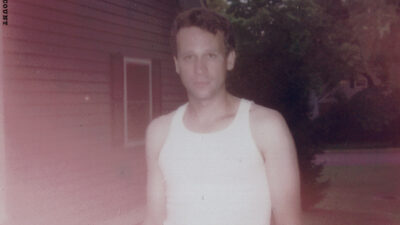
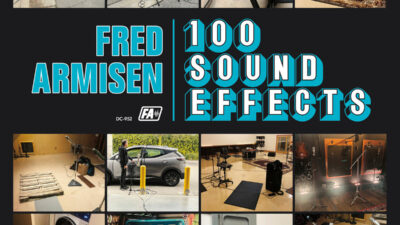





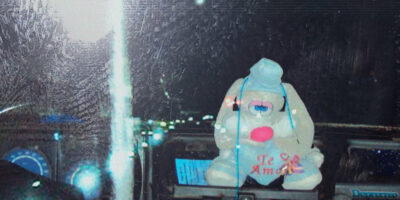

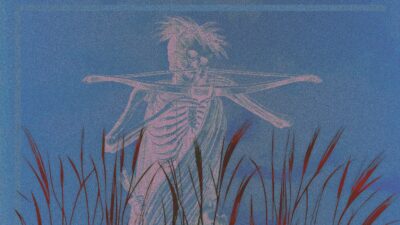
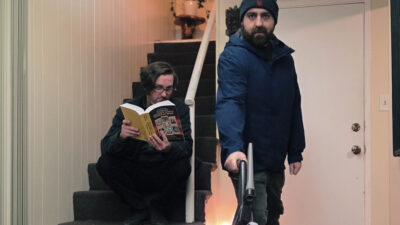
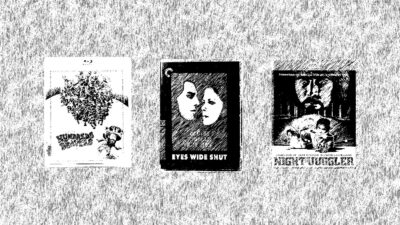

Comments